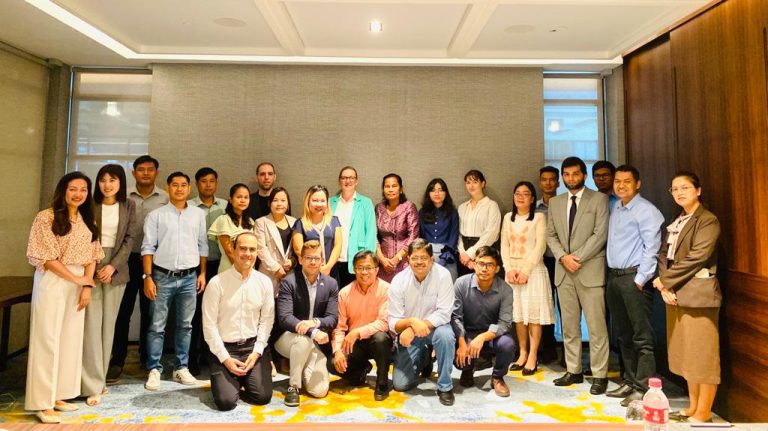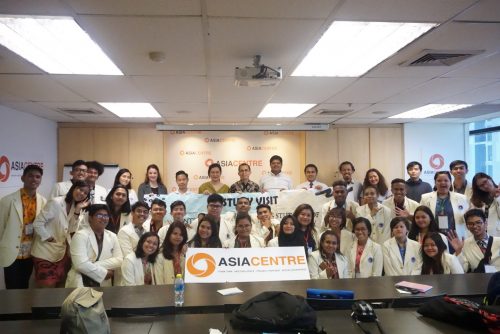
Applying human rights principles in the development of early warning systems and indicators can bolster internal – conflict prevention processes and mechanisms. This was the key discussion point at the Asia Centre-Thammasat University panel on internal conflict held at the International Conference on International Relations and Development (ICIRD) on 24 June 2017. The panel entitled, Human Rights Violations and Internal-Conflict in Southeast Asia: Identifying Conflict Prevention Processes and Mechanisms, looked at the challenges and opportunities for internal conflict prevention from conceptual and practical perspectives.
Asia Centre’s Executive Director Dr Robin Ramcharan’s paper Human Rights and Conflict Prevention in Southeast Asia: The Protection Gap considered the degree to which violations of economic, social and cultural rights trigger conflict and how to identify those triggers. Dr Kenneth Houston, a lecturer with Webster University and Asia Centre Associate adopted a  methodological perspective looking at how qualitative data analysis can provide monitor attitudes and thoughts that shape perceptions and consequently policies. The Proto-policy Domain as an Early Warning Resource: Options for Quantitative Data Analysis in Human Rights Monitoring in Southeast Asia considered how data can be used to take practical steps to institutionalise a more focused early warning system.
methodological perspective looking at how qualitative data analysis can provide monitor attitudes and thoughts that shape perceptions and consequently policies. The Proto-policy Domain as an Early Warning Resource: Options for Quantitative Data Analysis in Human Rights Monitoring in Southeast Asia considered how data can be used to take practical steps to institutionalise a more focused early warning system.

Dr James Gomez, Regional Director of Amnesty International Southeast Asia and the Pacific and Asia Centre Advisory Board Member offered a practical perspective in his paper Human Rights Violations and Political Conflict in Southeast Asia: The UPR as a prevention mechanism? Dr Gomez presentation considered how human rights violations and conflict are inherently linked to conflict and considered how the UPR can address protection gaps.
The panel was chaired by the Centre’s Programme Coordinator Michelle D’cruz who facilitated the  ensuing discussion that covered the role of the media, integrating conflict prevention indicators into existing human rights mechanisms and processes as well as challenge in developing an early warning system. The panel attracted an audience of academics, NGO representatives and journalists who were keen to engage on the role of human rights in conflict prevention.
ensuing discussion that covered the role of the media, integrating conflict prevention indicators into existing human rights mechanisms and processes as well as challenge in developing an early warning system. The panel attracted an audience of academics, NGO representatives and journalists who were keen to engage on the role of human rights in conflict prevention.
The session builds on Asia Centre’s Human Rights Programme which focuses on evidence- based research on human rights mechanisms in Southeast Asia. The Centre is also developing a Conflict Prevention Programme.



